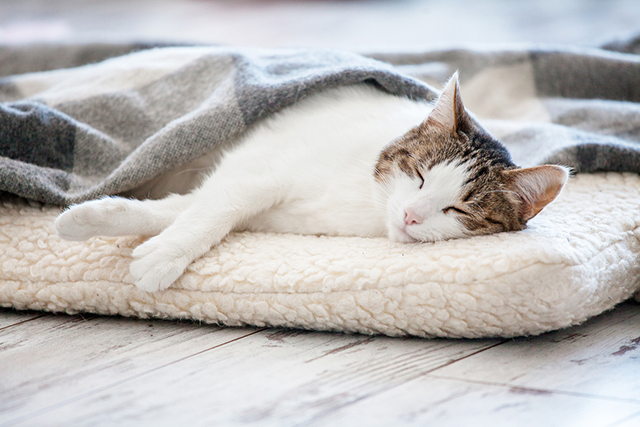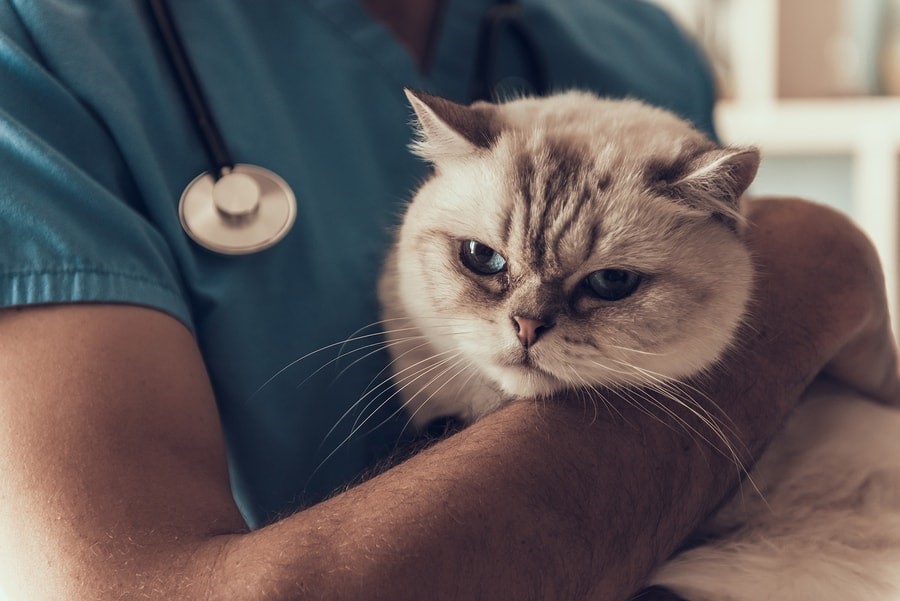
Like us, cats are prone to cold-like illnesses as well. Colds in cats can be identified something as simple as constant sneezing coupled with discharge or a runny nose and eyes. While there are multiple factors that trigger a sneeze from your cat, the discharge likely points to an infection.
Cats are highly sensitive to change which may invoke feelings of stress should they be unable to cope. Stress may also play a part in weakening its immune system, making it more vulnerable to infectious viruses like feline herpesvirus and feline calicivirus, which are most common. Your cat may also catch a cold from other infected cats.
Symptoms of colds in cats are similar to that of humans. These include sneezing, discharge from eyes, runny nose, coughing, lethargy, loss of appetite, fever, dehydration as well as a raised third eyelid. Cats experiencing a cold may also lose their ability to “meow”.

If you notice any of these symptoms, bring your cat to vets in Singapore for a proper diagnosis. It is especially important to visit the vet if your cat has lost its appetite, has breathing difficulty or is showing a worsening of the other symptoms.
Your feline may be hospitalised to receive other treatments like fluid therapy or nutrition if there is no improvement in its appetite or if it remains dehydrated. However, once that crucial stage if over, you may bring it home to recover.
Apart from medication–if prescribed with any–you can also help Kitty recover at home by:
- ● Ensuring its nose and eyes are free of discharge
- ● Encouraging it to eat by offering your cat warm canned cat food
- ● Keeping it hydrated
- ● Keeping it warm
- ● Helping it with grooming
Cat colds usually last for about one to four weeks, depending on how soon it gets diagnosed and the effectiveness of its treatment. While it may not always be life-threatening, some ways you can keep your feline safe is through vet-approved vaccines that fight feline herpesvirus and feline calicivirus.












